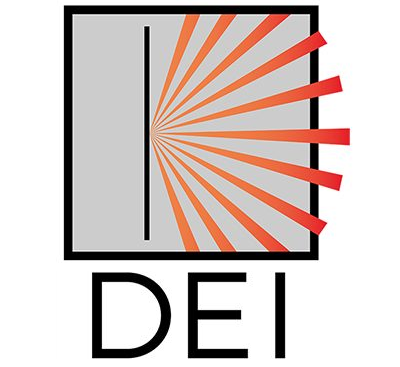Approximately 33 million people worldwide are living with the effects of stroke, and it is the second leading cause of death globally. Carotid artery disease is a significant risk factor for stroke, making accurate imaging crucial for diagnosis and treatment planning.
In this context, we are happy to share our study “Carotid artery assessment in dual-source photon-counting CT: impact of low-energy virtual monoenergetic imaging on image quality, vascular contrast and diagnostic assessability” recently published in La Radiologia Medica.
In this study our team evaluated the impact of low-energy virtual monoenergetic imaging (VMI) dual-source photon-counting CT reconstructions on image quality, vascular contrast, and diagnostic assessability.
Key Highlights:
We analyzed 122 patients who underwent dual-source photon-counting CTA scans, comparing standard 120 kV CT images with low-keV VMI reconstructions (from 40 to 100 keV).
Our findings revealed that low-keV VMI reconstructions (especially at 40-55 keV) significantly enhanced image quality, vascular contrast, and diagnostic assessability compared to standard imaging techniques.
Results:
The mean attenuation, CNR, and SNR were notably higher in the 40 keV VMI reconstructions, demonstrating the potential of this innovative imaging approach.
Qualitative assessments by radiologists confirmed that 55 keV VMI reconstructions yielded the highest ratings for image quality and vascular contrast.
Conclusion: Low-keV VMI reconstructions represent a significant advancement in carotid artery imaging, offering improved diagnostic capabilities in spectral photon-counting CTA. This could lead to better patient outcomes through more accurate assessments.
You can access the publication by clicking on this link
A huge thanks to everyone involved particularly our collaboration partners from Koblenz and Messina!
